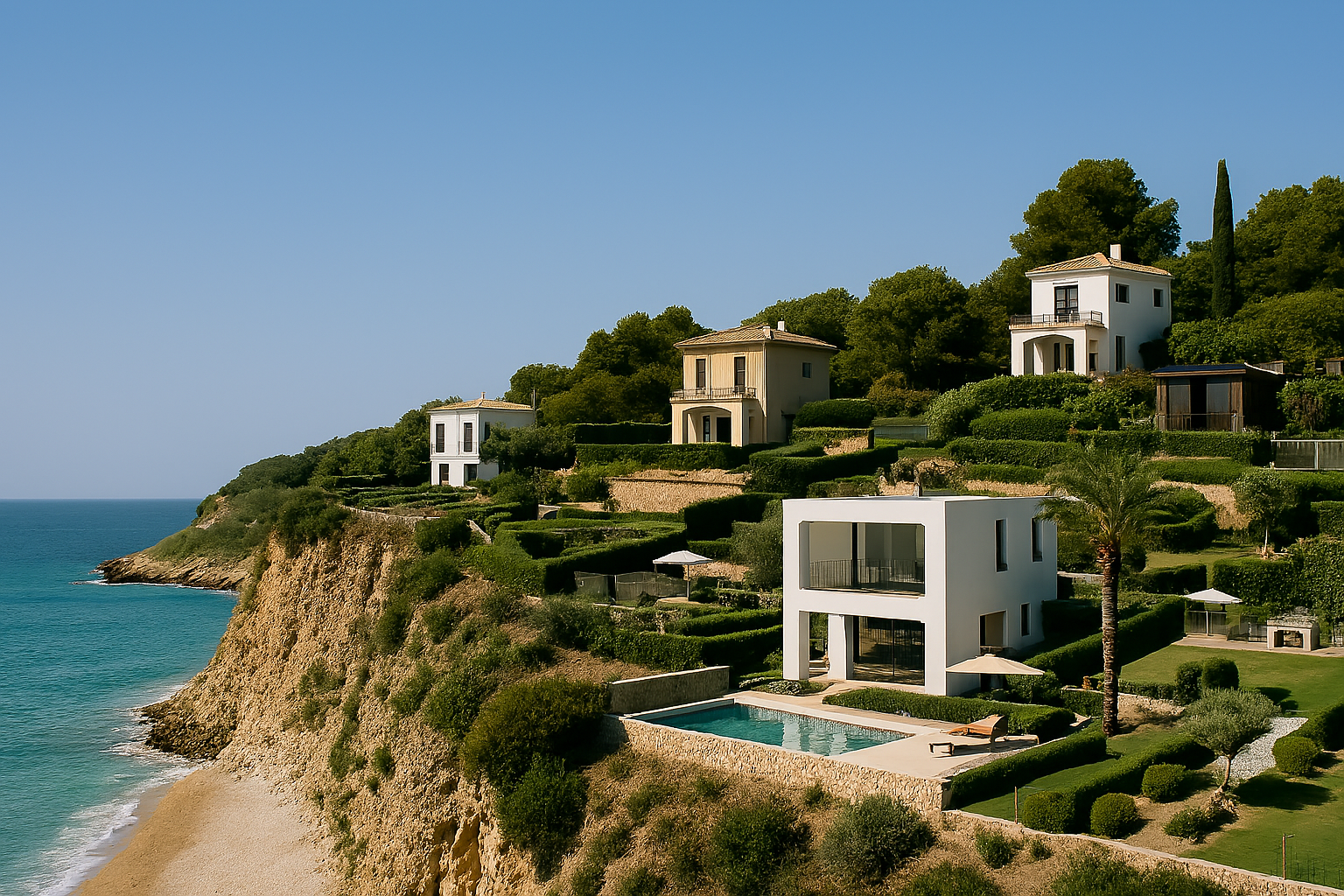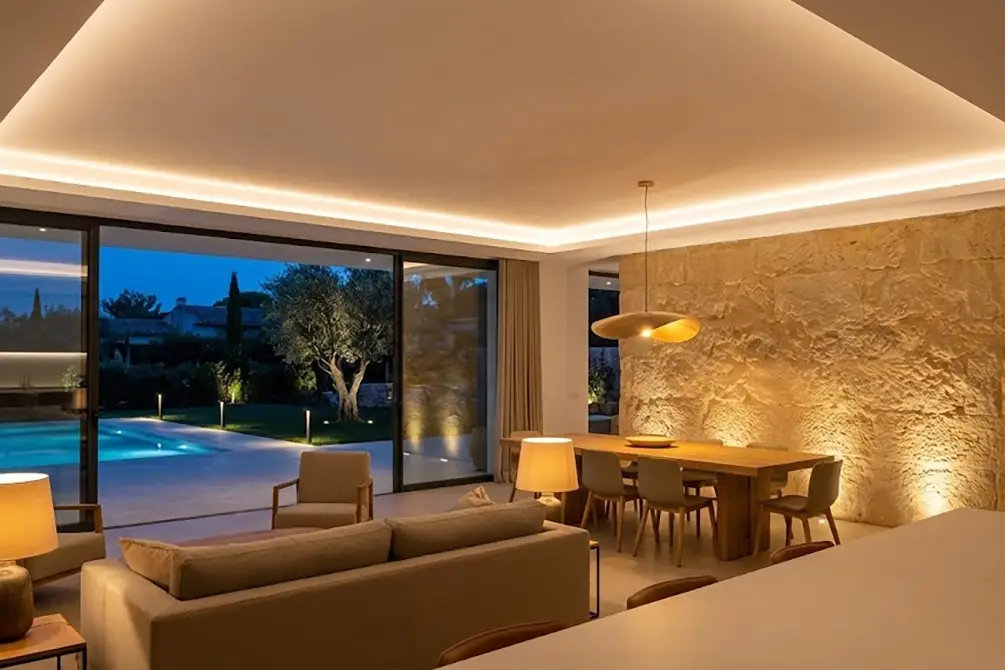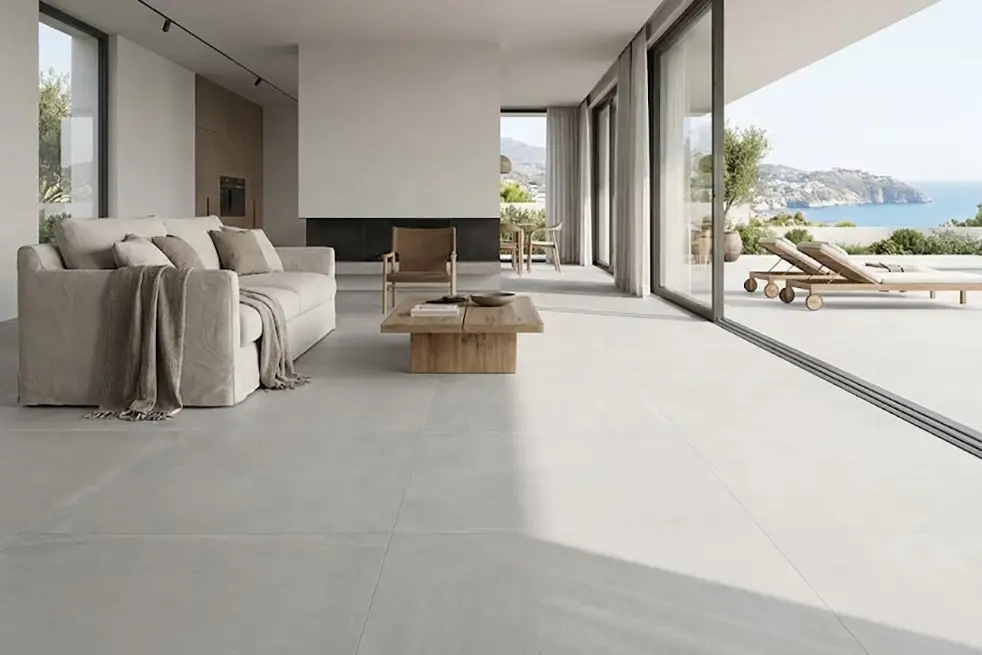In the sunny Costa Blanca, a coveted spot for both locals and foreigners alike, building a house can be a dream come true. But before laying the first stone, there’s something essential you simply cannot overlook: the licences and permits required to build a house on the Costa Blanca. This article is a clear, helpful, and practical guide focused on municipal procedures in Alicante, Valencia, and Castellón.
Here, we’ll not only explain which documents you need, but also how to manage them, what to watch out for to avoid mistakes, and how to ensure your project complies with the law and doesn’t end up being halted.
Licences and permits to build a house on the Costa Blanca
Building a single-family home on the Costa Blanca —whether in the province of Alicante, the charming corners of Castellón, or the lively towns of Valencia— requires complying with a series of mandatory urban planning procedures. Below, we break down the key steps every property owner, developer, or architect should know before starting their project.
Why do you need licences and permits to build a house?
Building without a licence can lead to serious consequences: from hefty fines to the demolition of the property. Licences and permits ensure that the project complies with local urban planning regulations, respects the environment, and does not pose a risk to others.
Types of licences for building a single-family home
Urban development licence or major works permit
This is the main authorisation granted by the Town Hall of the municipality where the land is located. It is mandatory in all cases of new construction.
First occupancy licence or certificate of habitability
This document is essential to legally inhabit the property once construction is completed. It is issued by the same Town Hall after verifying that everything has been carried out in accordance with the approved project.
General requirements across the Costa Blanca
Although each municipality may have variations, the most common requirements include:
-
Basic and execution project approved by the architects’ association.
-
Geotechnical study of the land.
-
Payment of urban planning fees.
-
Compliance with the General Urban Development Plan (PGOU).
Specific procedures in the province of Alicante
Alicante is one of the most active areas for residential construction. Towns such as Dénia, Jávea, Altea, and Benissa have strict regulations.
The PGOU and protected areas
In coastal towns, it is essential to check whether the plot is located in a specially protected area, which can limit or even prevent construction.
Registering prior notifications and technical project
Some town halls require a sworn declaration along with the technical project before the formal licence application.
Procedures in the province of Valencia
Valencia presents a contrast between densely populated urban areas and rural zones with large plots. In both cases, the procedure varies slightly.
The importance of municipal planning
Each municipality (Gandía, Cullera, Requena…) has its own regulations, but all require the land use to be compatible with single-family housing.
Additional authorisations in agricultural areas
On rural land, in addition to the municipal licence, a favourable report from the Regional Department of Agriculture may also be required.
What you should know when building in Castellón
Castellón, with its charming towns like Peñíscola and Benicàssim, is attracting more and more developers. However, many plots are classified as non-developable land.
Licences on common non-developable land
Licences are only granted for uses linked to agricultural, livestock, or forestry activities, unless very well-justified exceptions apply.
Prior sectoral reports
In areas of high ecological or scenic value, it is common for reports to be required from the Regional Department of the Environment and the Roads Authority.
What happens if you build without a licence?
Building without permission is a costly mistake. Consequences include:
-
Fines ranging from €6,000 to €30,000.
-
Mandatory demolition if the construction cannot be legalised.
-
Inability to register the property in the Land Registry.
Tips to speed up the licensing and permits process
-
Hire a local architect with experience.
-
Check the PGOU and urban planning regulations before buying the land.
-
Submit all required documents from the outset.
-
Book an appointment with the town planning department to clarify doubts before starting the process.
Frequently asked questions about licences and permits on the Costa Blanca
How much does a major works licence cost?
It depends on the material execution budget. It usually ranges between 2% and 5% of the MEB (Material Execution Budget).
How long does the Town Hall take to grant it?
Between 1 and 3 months, although it can take longer if documentation is missing.
Can I start the construction with a sworn declaration?
Only for minor works. For new builds, a full licence is always required.
Do I need a licence to renovate an existing property?
It depends on the type of renovation. If it affects the structure or the façade, then yes.
Can I build on rural land?
Only if specific planning and regional legislation requirements are met.
What is the certificate of habitability and what is it for?
It is the document that certifies a property is fit for habitation.
Opinion
Building a house on the Costa Blanca is a wonderful investment that requires planning, patience, and knowledge. The licences and permits to build a house on the Costa Blanca are not an obstacle, but a guarantee that your home will be legal, safe, and sustainable. Turning to professionals specialised in local urban planning, such as La Quinta Fachada Arquitectura, is the best decision to ensure a smooth and surprise-free process.




